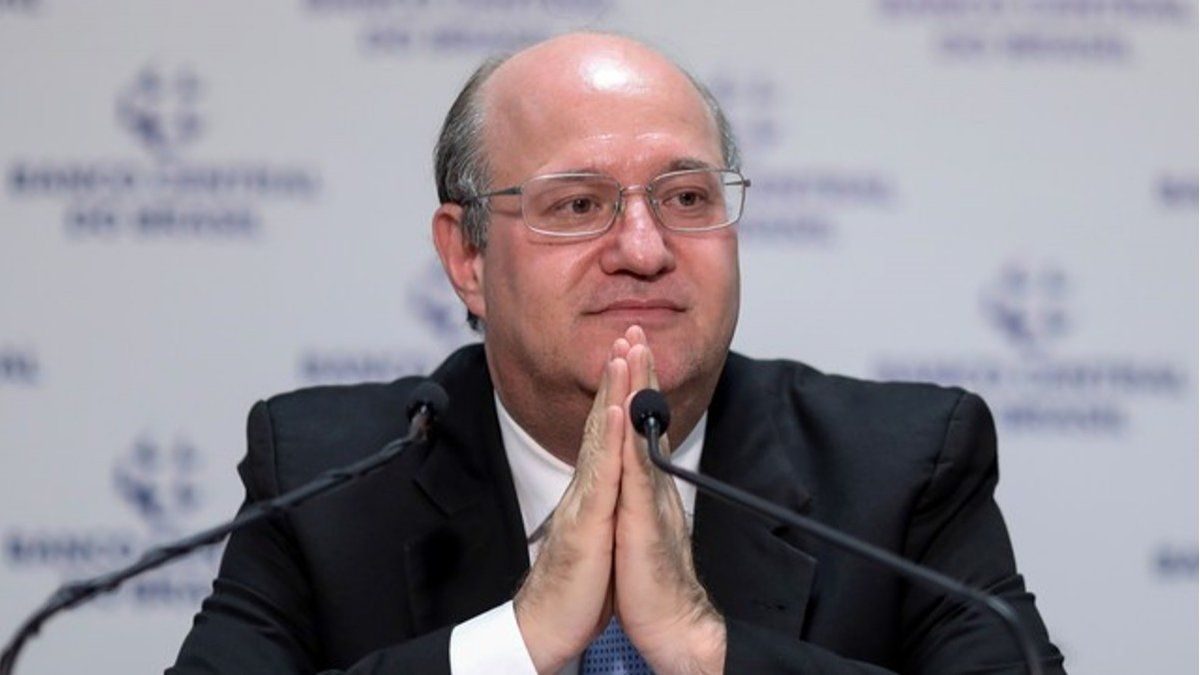But there is something that outraged debt holders even more. The already semi-official information that the agency will allow the country to renegotiate the consecutiveness of the committed goals for the entire year (without modifying them, but making them more flexible throughout the months of 2022), caused a maximum uproar among investors in debt local that still hold their positions waiting for some kind of blue in their return that never comes. The projection made by the investment funds is that when this is confirmed after the key meeting of the IMF board on the next 24, when the Argentine case is discussed, the national government will abandon any type of demand to force itself to comply with the goals. fiscal, exchange and monetary. Then, there would no longer be a need (the private sector believes) to hold responsibilities for revenues and expenses, since an eventual collapse of the agreement would be delayed well into 2023. According to the interpretation of the bondholders, this danger was the only serious restriction that Fernández and Guzmán had this year to maintain a certain prudence in the handling of collection and expense numbers. And that, going forward, there will no longer be incentives (or fears of punishment) for the fiscal and financial front to order itself.
For the holders of Argentine debt restructured in 2020, the direct consequence of all this reasoning is simple and negative: without the IMF accelerating the adjustment (on the contrary, delaying it), the bonds in their possession will continue to navigate at default values.; with market prices below the nominal 30% survival table. Only taking into account that the Net Present Value of the swap was 54.8%, that any normal bond of a fairly long-winded country should be trading above 70%, that two months and 10 days after two years the country risk stabilizes at a level of 2000 basis points; the financial tragedy that investment funds are experiencing is understood.
Many of them are seriously considering taking action. His position is a classic. They know that the only way to influence local officials is not through direct action (it never worked with the current administration), but from the IMF and its quarterly missions. Consequently, they plan to put pressure on the ambassadors of the countries that manage the IMF board so that they interfere between Goldfjan and his plans for Argentina.
The bondholders believe that the Fund was not tough enough with the country and that the closed fiscal path for the 2022-2025 period is too flexible and undemanding. And that, in short, did not take into account the financial situation of Argentina for 2024, the year in which the debt renegotiated a year and a half ago should begin to be regularized. They consider that the IMF made a fundamental mistake when closing the agreement: not requiring the government to sign an agreement that includes strict structural reforms, which causes a serious risk of non-compliance. Specifically, the holders of the Argentine debt, those who maintained it since the swap or the new investors, do not like the agreement that the country signed with the Fund, but it is weak in terms of requirements. The opposite, curiously, to what Martín Guzmán is politically questioned in Argentina.
Source: Ambito
David William is a talented author who has made a name for himself in the world of writing. He is a professional author who writes on a wide range of topics, from general interest to opinion news. David is currently working as a writer at 24 hours worlds where he brings his unique perspective and in-depth research to his articles, making them both informative and engaging.




